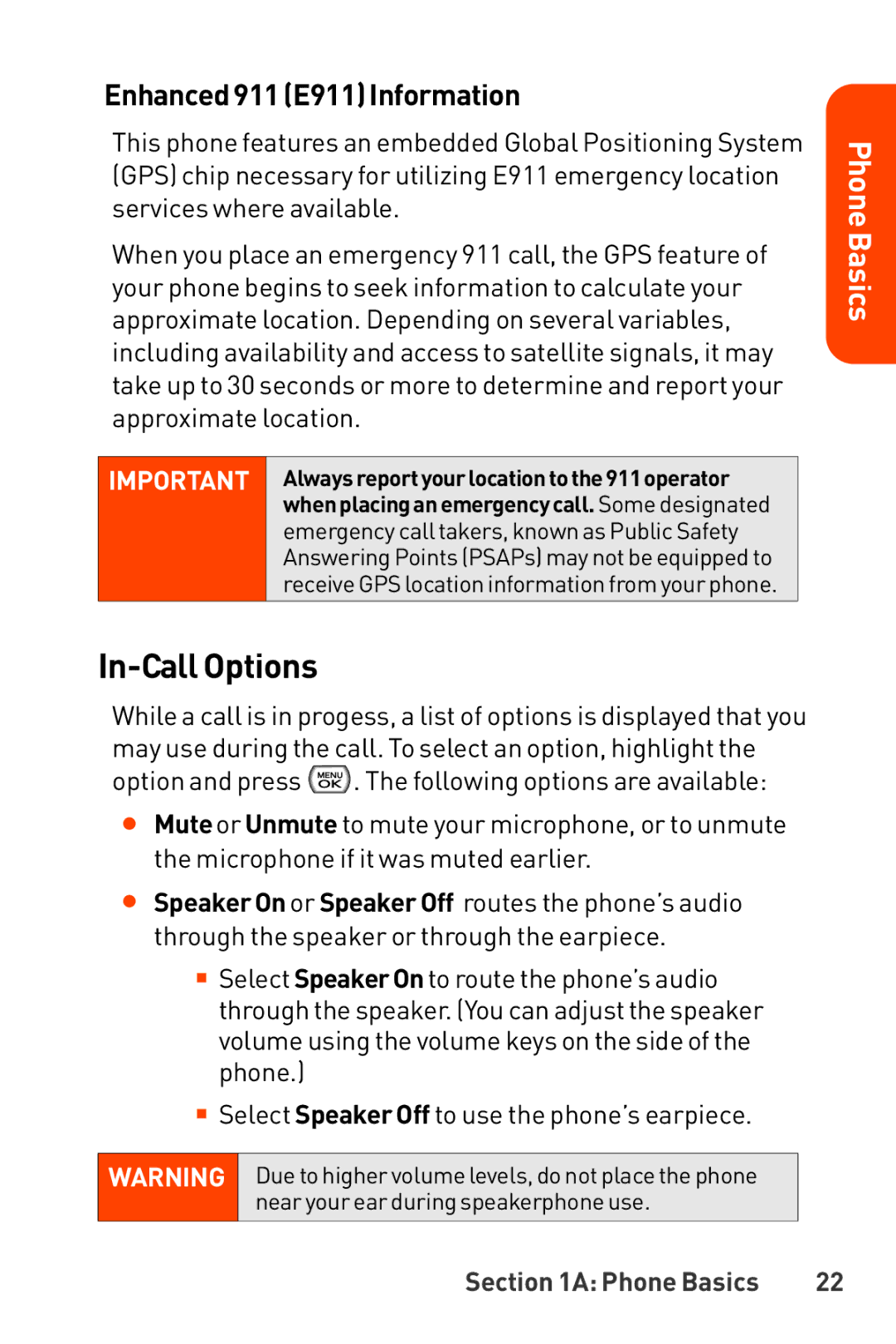Phone specifications
LG Electronics has established itself as a notable player in the mobile phone industry, renowned for its innovative approach and cutting-edge technology. Although the company has exited the smartphone market, LG phones were distinguished by their unique features and forward-thinking designs that catered to a diverse consumer base.One of the key highlights of LG smartphones was their commitment to superior camera technology. The LG V series, particularly the V60 ThinQ, showcased advanced photography capabilities with multiple lenses, including wide-angle and telephoto options. These models often boasted optical image stabilization, enabling users to capture stunning images and videos in various lighting conditions. The flagship G series also included impressive camera features, such as AI algorithms that enhanced photo quality by automatically recognizing scenes and adjusting settings accordingly.
Another significant aspect of LG phones was the focus on audio quality. Many models, such as the LG G series, incorporated high-fidelity audio components, including DAC (Digital-to-Analog Converter) technology that provided crystal-clear sound. The integration of LG’s audio innovations appealed to audiophiles and music enthusiasts, setting the brand apart from competitors.
LG also was a pioneer in design with its modular phone concept, most notably seen in the LG G5. This innovative design allowed users to easily swap out components, such as the camera module or battery, enhancing the phone's versatility and longevity. This focus on adaptability resonated well with users looking for customization options in their devices.
Another standout feature of LG smartphones was their display technology. The company was an early adopter of OLED screens, which offered vibrant colors, deep blacks, and exceptional contrast ratios. The LG V series, in particular, was praised for its immersive displays that enhanced video playback and gaming experiences.
In terms of battery technology, LG phones frequently came equipped with fast charging capabilities, allowing users to power up their devices quickly. Additionally, many models included user-replaceable batteries, a feature that appealed to consumers seeking longevity and ease of maintenance.
Moreover, LG was known for its commitment to innovation with features like dual screen attachments, which added functionality without increasing the phone's size significantly. The company also emphasized user experience through its custom Android interface, offering users a smooth and engaging interface for navigation and customization.
In conclusion, while LG Electronics may no longer manufacture smartphones, the legacy of their innovative features, impressive camera capabilities, superior audio quality, modular designs, vibrant displays, and user-centric approaches have left an indelible mark on the mobile industry. Their contributions continue to influence smartphone design and technology today.

